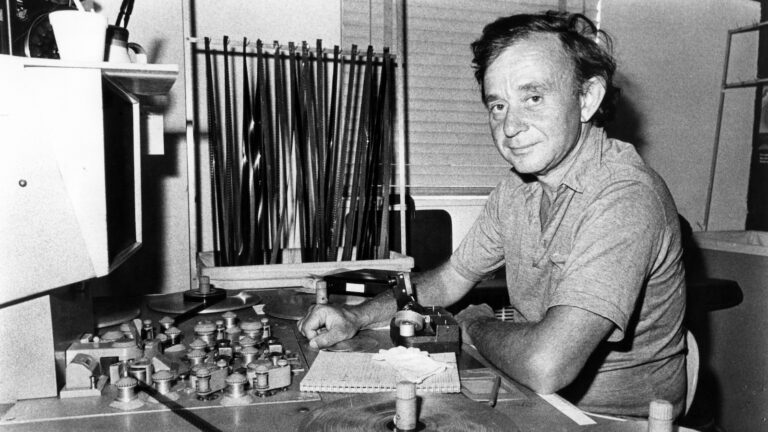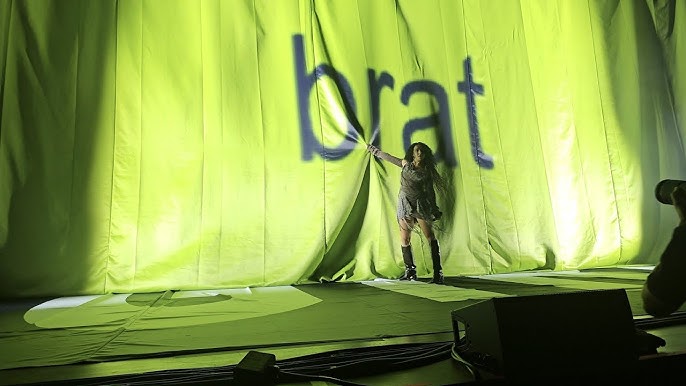Super Bowl Ads Capture Zeitgeist and Commodify Diversity

The nation’s chicken wing-stained hands, trembling by their beating hearts, did not dare reach for the remote during Super Bowl LI’s commercials Sunday, for the very decency of American democracy was on sale alongside light beer and mid-size sedans. With the nation’s wealthiest companies paying more than $165,000 for each second of their ads, who could resist the temptation to temporarily escape from the game, and maybe even be sold something along the way?
Perhaps some were drawn to the television out of hope that Lady Gaga would make a political statement during halftime—which came only insofar as the in-character Gaga performance itself was political—yet they didn’t need to wait for the halftime show to encounter highly contrived political theater.
Each American mega-brand, whether as current as AirBnB or as timeless as Coca-Cola, that had a memorable ad in last night’s lineup addressed the rise of Trump in some manner. Though Proctor & Gamble’s Mr. Clean shook his CGI booty in a bold yet poor apolitical ad, the brands that came out of Super Bowl Sunday with a press boost costing $5 million per 30 seconds had to take hold of the current political movement to strike an oppositional tone toward the Trump administration and the alt-right.
Normally, touching on anything remotely political in advertising is a cardinal sin that narrows the market (just ask “Mad Men” creator Matthew Weiner ’87). However, all good advertising has an aspirational core that, at its very essence, is political – it just can’t initially appear that way. (Again, ask Matthew Weiner.)
For some brands, this was easy. Coca-Cola, for example, recycled a 2014 “America the Beautiful” ad that features a diverse choir of children singing the titular song in several different languages interwoven with the English. The beverage magnate was able to strategically tap into the anti-Trump zeitgeist while appearing as if that was not its central intention. Any act of curation, however, is as inherently deliberate as making a new ad altogether, but credit for a deft touch is due when necessary.
Budweiser, on the other hand, went for a daring approach in their primetime ad by running with a loosely historically accurate immigration narrative following its founder through his journey from Germany to the States, facing discrimination and ill will from nationalists along the way. In a country like the United States, there would normally be nothing overtly political about an immigration story. Domestic goods take this approach in advertising all of the time. Yet featuring anti-immigration sentiment toward the hero of the ad a week after Trump’s travel ban indicates a clear political choice taken by Budweiser and its corresponding ad agency, Momentum Worldwide. By most accounts, Budweiser seems to have rolled the dice in its own favor here despite a premature #BoycottBudweiser campaign that sprouted up in circles of the internet normally dominated by headlines from Breitbart and InfoWars.
In the realm of gender equality, Audi stuck the landing on the launch of its powerful voiceover ad which centered on a daughter whose father ponders whether or not to tell her about the limits and inherent societal inequality that comes with being a woman. The composition and narrative were balanced well enough to make the ad an easy hit for the first half, and even went viral before the start of the game.
Many brands splurged for celebrity shills, sticking to schtick if all else failed. From the gyrating Mr. Clean to the toned cross-fit models selling 95-calorie bottles of Michelob Ultra, plenty of companies with the resources to take a gamble on the political moment kept their chips at bay.
“After 50 years, half a century, it’s all feeling a little formulaic,” said Andrew Essex, the chief executive of Tribeca Enterprises and former C.E.O. of the independent ad agency Droga5 (whose clients range from Google and Chase to Honey Maid, Trident, and Under Armour) in an interview with Sapna Maheshwari of The New York Times. “I find myself, as someone who’s not doing this anymore, wondering if this is the single greatest act of economic immolation on the planet.”
Mr. Essex may be right. But for the bold few, Super Bowl Sunday wasn’t just a time to over-invest in increased revenue, but a time to get right with history. What is advertising if not the commodification of our hopes and dreams? If we truly desire to be a diverse and inclusive nation, the proof is in the pudding when the demographic studies turn up, indicating that we should be sold those very same ideals. In a strange, uniquely American way, the best barometer of progress is the reification of our values in advertising, or perhaps merely our anxieties. Either way, Madison Avenue is watching, and it’s selling the American Dream.
Jake Lahut can be reached at jlahut@wesleyan.edu and on Twitter @JakeLahut.








Leave a Reply